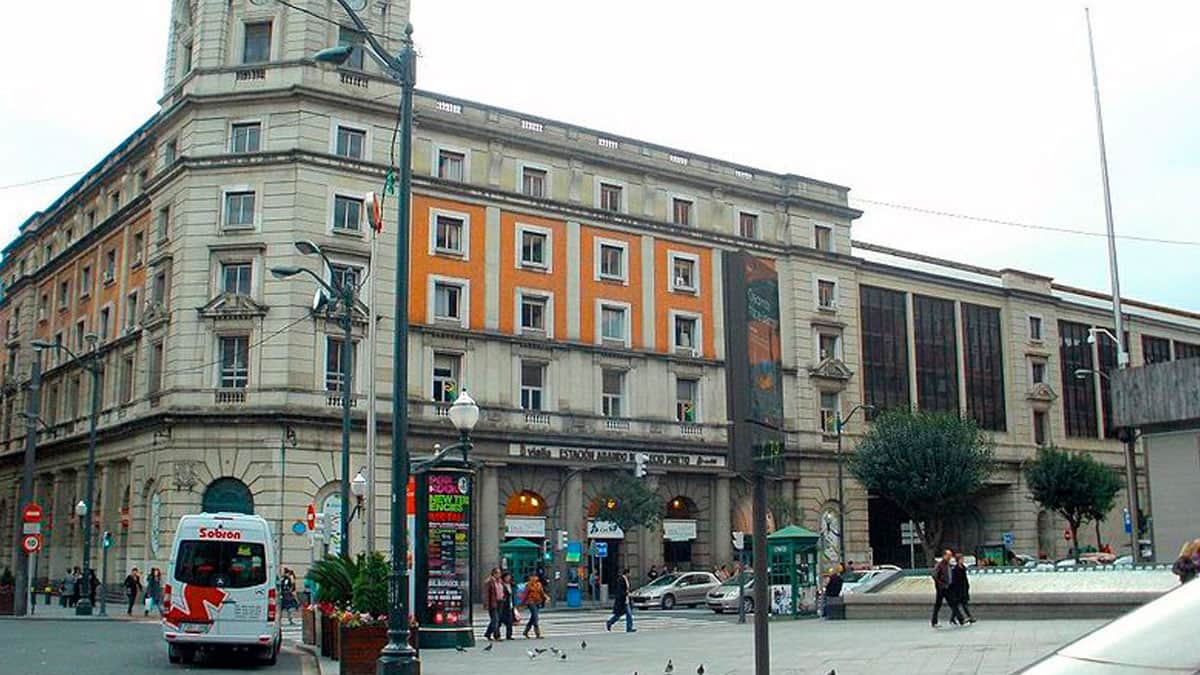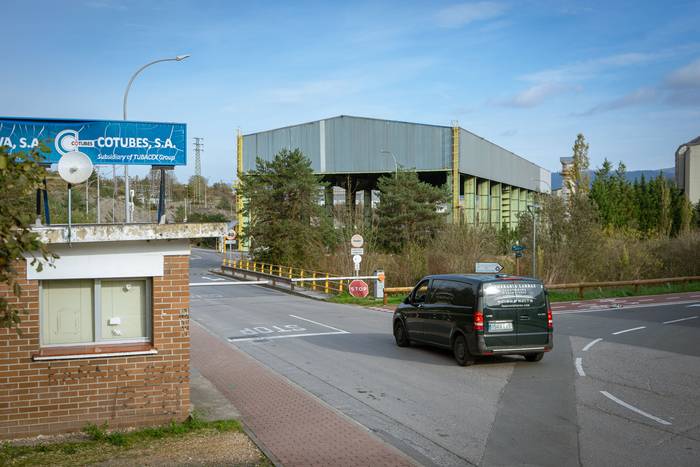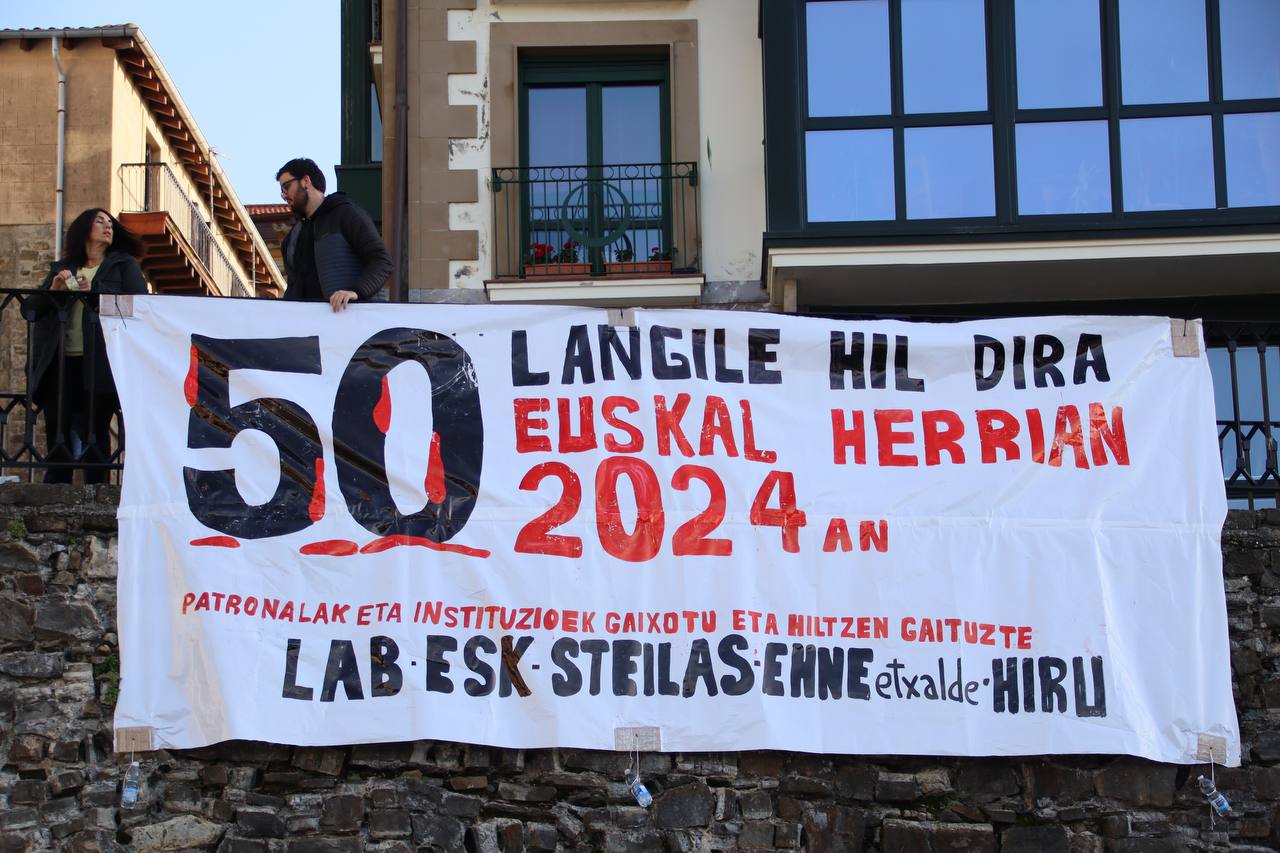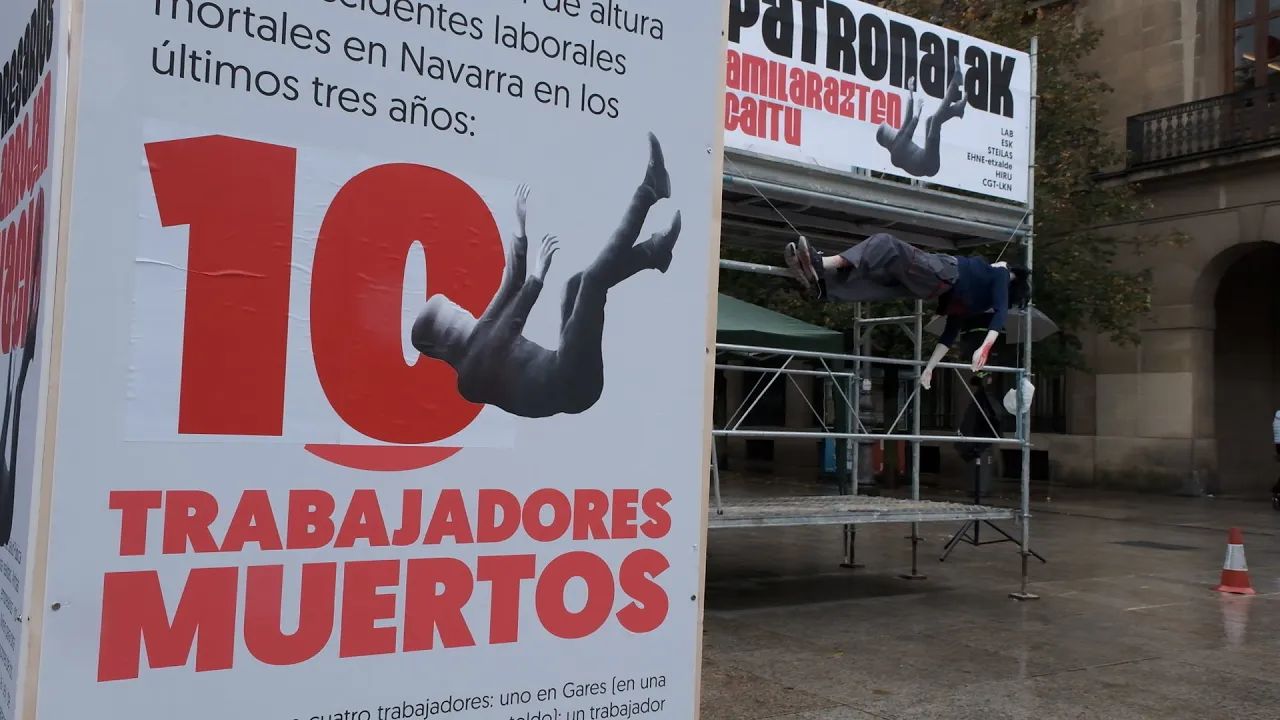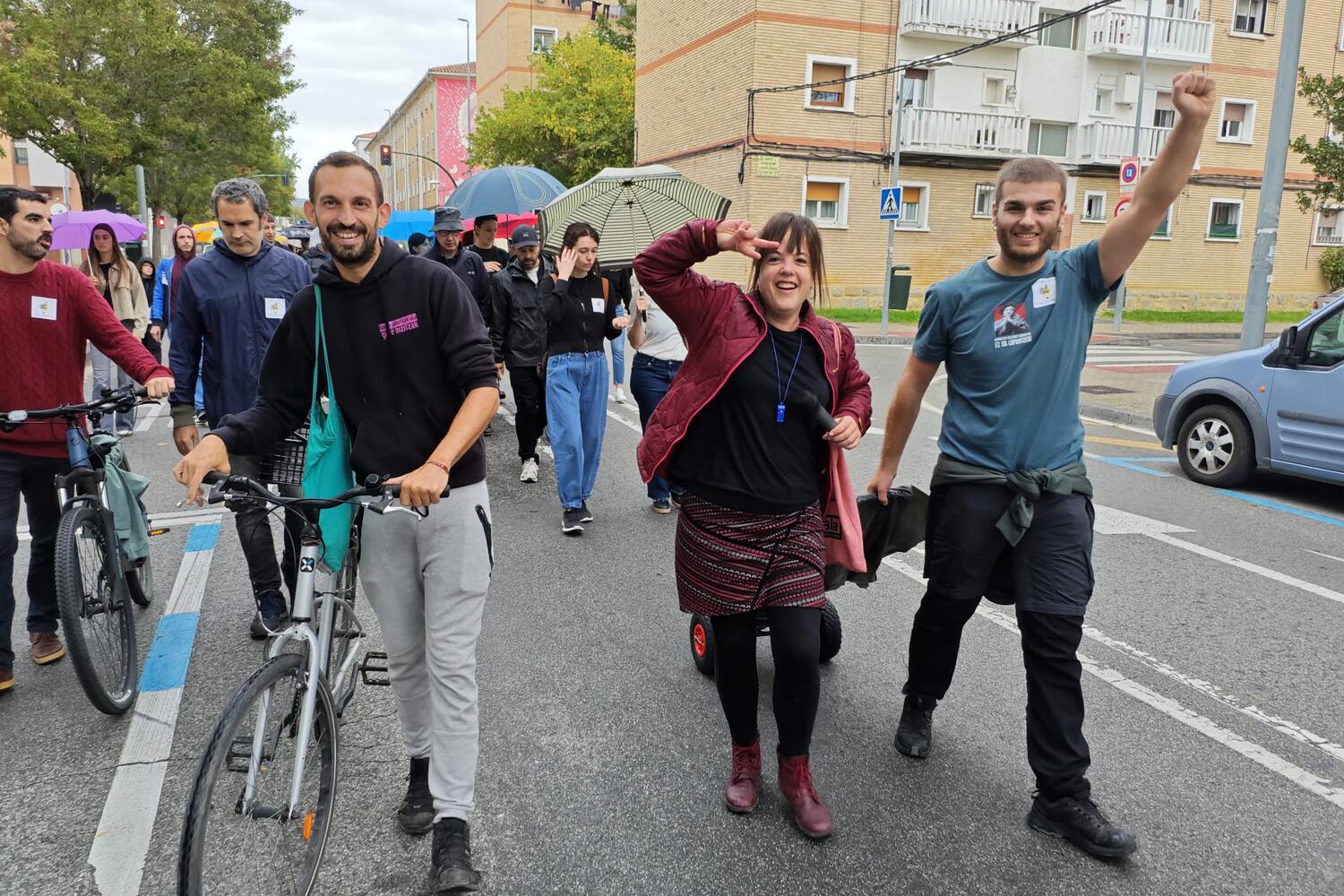Organising precarious couriers in the cooperative versus Delivero
- They are forming one in Barcelona, in Paris there is another almost prepared, in Toulouse there is one underway... In big cities, bicycle messengers distributing fast food from restaurants to homes start organizing into cooperatives, many of them dismissed by companies like Deliveroo. It is an attempt to survive with dignity, among many difficulties, within the 'Ganga Economy', which has condemned millions of people to precariousness.
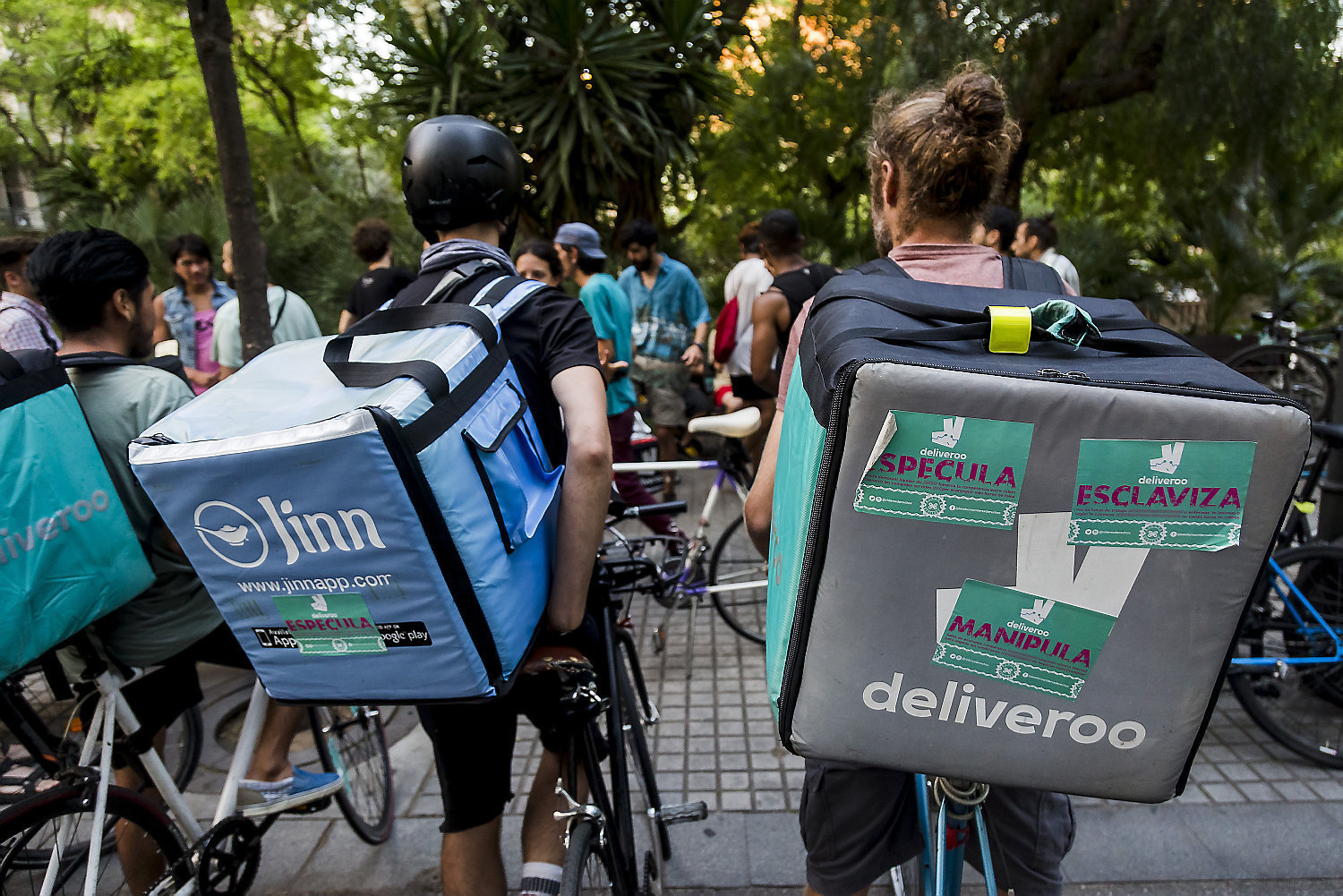
Messengers from Barcelona in Glovo and Delivero are organising the new cooperative rider. Following last summer's strike, they decided to set up a social economy company to distribute food at home and food at home. The news has been disseminated by the Catalan media El Diari del Treball, supported by all the unions from here to USO from CNT.
Members of the Ridersxderechos movement, which defends the rights of bicycle dealers, are believed to be working on cooperativism. The partnership, which should be launched in early 2018, consists of some of the participants from both companies and couriers disconnected by Delivero following the summer strike. In the new sapo language of neoliberals, a worker is not dismissed, but disconnected. The cyclists who performed the Delivero orders were self-employed workers connected to the company over the internet, so the connection was cut off and ended.
After all, the cooperative is going to do the same work as the previous company, which is now the workers themselves, and which need an application that links customers, restaurants and distributors over the Internet, and which they already have ready, basically following the business model that has been made so far known: Access to this app is enough for one of the messengers to pass the order to any restaurant associated with the system and find out about it, bring it home immediately.
The runners will play with the performance that until now was received by a large company to be competitive and improve their working conditions. You would like to start by charging EUR 400 for every 20 hours a week. They will also collaborate with the Trevol cooperative, which in recent years has carried out the transportation of luggage and not of food products by bike.
In Paris they are also trying to build a similar project. On 20 September, on the eve of the mobilisations that would take place throughout France against the labour reform of Emmanuel Macron, the Coopcycle project was publicly presented, in which the bicycle messengers were present, including the founder of the Paris Autonomous Messengers Collective (CLAP), trade unionists, leftist politicians and people fighting precariousness.
They debated 150 people meeting about the new risks to workers of covering up. “If uberization spreads, it will wipe out the entire system of worker protection,” he said, according to journalist Fanny Dollberg. This model, which has been named by the Uber company, uses those who perform taxis, couriers or any other service as self-employed workers, to the point of breaching any law or standard created to protect them.
It all serves to squeeze the neck of the workers who have to survive dispersed. In August, Delivero told Paris distributors that he would not pay them more for hours, but for each order. Only with that can the leaders lose 30% of their salary every month. Moreover, as ARGIA explained in its January chronicle, in which it sued the company CitySprint in London, neither sick leave, nor unemployment rights, nor portraits. It's the 19th century XXI.ean.
In the plenary, the left-wing councillor of the Paris City Hall, Danielle Simmonet, said that “uberization makes us accomplices of a collective suicide, which is the age 2.0 of capitalism.”
You need a winning attitude
Uberization does not look like a flower of wilt, but in the world young entrepreneurial desires soaked in neoliberal entrepreneurial leaders and the brilliant start-ups created by them multiply like fungi.
Many lives are short. Last summer the Jinn company fell, amazed in Spain by continuing in the field of fast food distribution by bicycle, located in London by young Spaniards. All the delegations open in Europe closed in July and only 20 of the 120 workers in London remained in the autumn, after falling into competition with the giant Deliveroo.
Confidential has chronicled Jinn's trajectory. It offers several clues to understand how a start-up starts, grows and falls, but also to complete the image of the ideology that exists among the entrepreneurial leaders of these companies. “If you pay a person for hours, don’t motivate you to work hard. An hour in a commission, because time does not matter (...) Those who want to work earn money. The human being is genetically programmed to cook in the effort, but if you charge for hours and rain, you don't move. (...) If you have a winning attitude you don’t go to demonstrations.” That is, Jinne had failed because he had lowered the payment in London from £9.5 per hour to £7 per order, while Delivero lowered it to the couriers from £8 per hour to 3.5 per order.
The first steps of Jinn were announced in 2012 by three young Spaniards at the University of Richmond (USA). Starting with a Shared Travel App, they went to a start-up accelerator for the first funding. This specialist, helping to change the vision of the business and find new investments, had raised £200,000 by 2014. In March 2016, they reached 20 million investments. In August, everything went to the devil.
Corporate Watch, a partnership dedicated to analyzing the social and environmental effects of capitalist companies, has tried to explain what business model is hidden under so many brilliant expansions and striking defeats among fast food distribution companies. In the dossier “Deliveroo, where is the money?”, Deliveroo has shown that he is losing money, and a lot: all accounted for, £129 million. What happens is that those who have invested EUR 600 million in Delivero in this phase of capitalism are not seeking an annual profit, but winning in some other wager. What will be at stake?
On the one hand, if Deliveroo is going to get bigger and bigger in the distribution of new cooked foods in a world where families are going to have less and less use of cooking at home; cooks and restaurants are also starting to cook. On the other hand, if the technological platform on which food distribution is based can be extended to other distributions. The set of information that distributors collect about their customers’ lifestyles and customs will also be of great value in the future. In this Casino Capitalism, another reason to play without investing money.












